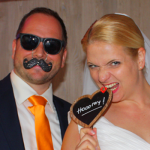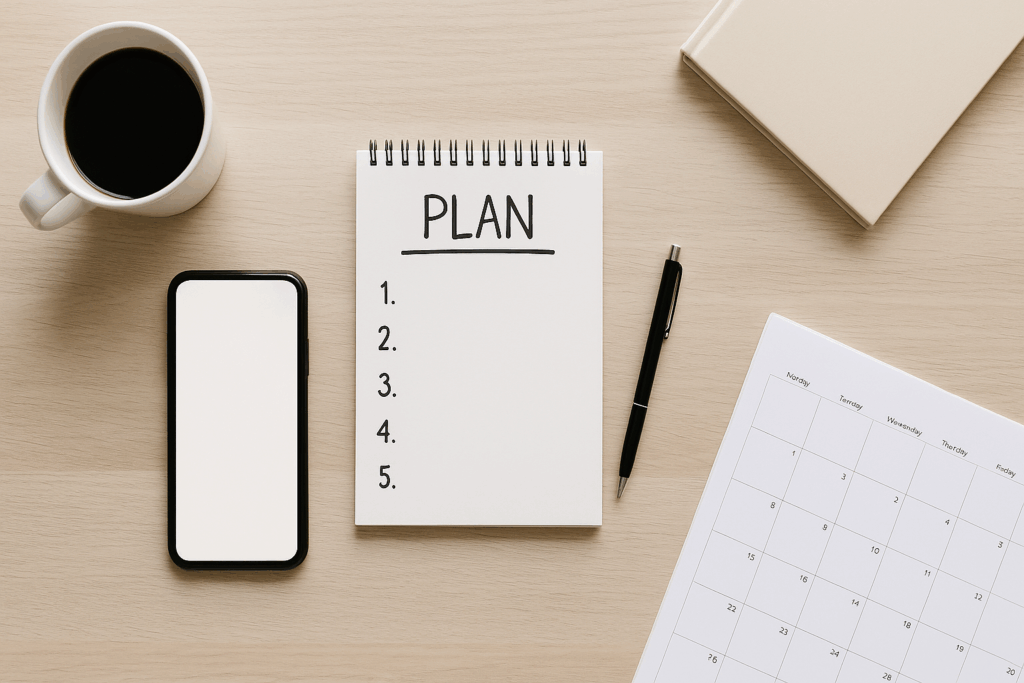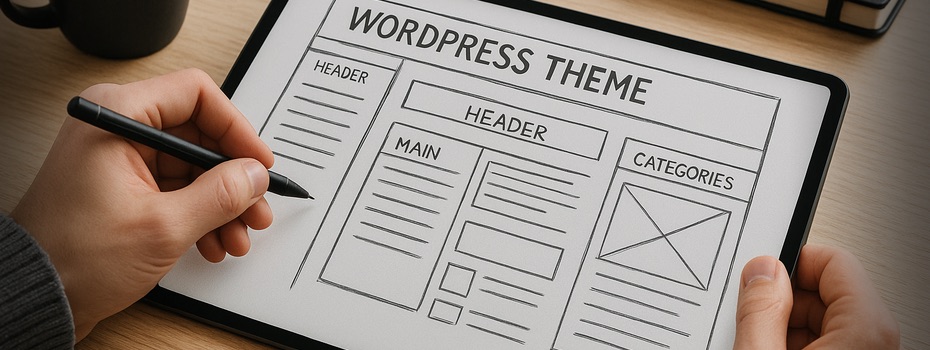Inspired by a recent discussion, I once again dove into the world of homeopathy. I’ve read a fair bit about it over the years, but every time I revisit the subject, I come across new articles, studies, and examples that make me think.
I’ll be honest: I wasn’t sure how to start this piece. So, I’ll simply throw you into the ocean (or maybe just the puddle) of my thoughts and doubts.
“But it helped me…”
One of the most common things I hear when talking about homeopathy is the statement: “But it helped me!”
People often present this as an irrefutable proof that those little sugar pellets or drops must work. Variations include:
- “It helped my cat.”
- “It helped my houseplant.”
- “It helped my child, and they can’t possibly be influenced by placebo.”
At first glance, this sounds convincing. After all, why would someone claim improvement if nothing happened? But is that really evidence?
The answer is no. A single personal experience—or even a hundred anecdotes—does not equal scientific proof. If we relied only on that kind of reasoning, we would still be dancing for rain or performing lobotomies. Both were once seen as effective because people believed in them. Rain dances “worked” because rain eventually came anyway. Lobotomies “helped” because some patients seemed calmer afterward, though at immense cost.
The difference today is that we’ve developed science, which investigates cause and effect systematically. Meteorology replaced rain dances. Neuroscience replaced lobotomies. And when it comes to homeopathy, the same logic should apply.
The Principle of Dilution
At the heart of homeopathy lies the idea of potentization through dilution. Remedies are diluted again and again—1:10, 1:100, sometimes repeated hundreds of times—until it’s mathematically impossible that even a single molecule of the original substance remains in the final product.
And yet, homeopaths claim that the “essence” of the substance remains. How? Through some kind of mysterious “energy transfer.”
This idea directly contradicts everything we know from physics, chemistry, and biology. Energy, as science defines it, is the capacity to perform work: to move an object, heat a substance, compress a gas, conduct electricity, or radiate waves. It doesn’t mean “mystical aura” or “spiritual imprint.”
If homeopathy worked as claimed, the water used in remedies should also carry the “information” of everything it ever touched in the past—fossilized feces, toxins, industrial chemicals. But strangely, homeopathy assumes only the “right” information is transferred, never the countless other substances that have been in contact with water for millions of years. The logic simply doesn’t hold.
“Like Cures Like”
Homeopathy is based on Samuel Hahnemann’s idea from 1796: “similia similibus curentur”—like cures like. The theory is that a substance which causes symptoms in a healthy person will cure those same symptoms in a sick person if given in diluted form.
Early homeopathy sometimes meant ingesting actual small amounts of toxic substances, because those were what caused the symptoms. Over time, this practice shifted toward extreme dilutions—so extreme that no active ingredient remains at all. Hahnemann argued that through a process of “potentization” or “dynamization,” a hidden “spiritual force” was released from the substance and transferred to the remedy.
That might have sounded plausible in the 18th century, when little was understood about chemistry or biology. But today, we can clearly see that it’s no more scientific than carrying lucky charms to ward off illness.
Why People Think It Works
Despite the scientific flaws, homeopathy does appear to help some people. But the explanation isn’t mystical—it’s psychological and physiological:
- The Placebo Effect.
Believing that something will help can actually make you feel better. This is well-documented in medicine. Double-blind studies exist precisely to rule out placebo effects, because the mind is powerful. - The Nocebo Effect.
Less well known is the reverse: if you believe something will harm you, it can make you feel worse. This too has been proven in studies. - Care and Attention.
The ritual of taking sugar pills, being cared for by someone who listens, and receiving sympathy is itself therapeutic. Often, people feel better simply because they’re being looked after—whether or not the treatment contains anything active. - Natural Recovery.
Many conditions—like colds or mild aches—get better on their own. If you take a remedy at the same time, it’s easy to assume the remedy caused the improvement.
There’s nothing wrong with comfort and care. What’s wrong is attributing healing power to sugar pellets that contain no active substance.
Why I Am Against Homeopathy
I don’t just shrug at homeopathy; I actively oppose it. Here’s why:
1) It endangers seriously ill patients.
Some people with cancer, infections, or chronic diseases turn to homeopathy instead of real medical treatment. They place their trust in pseudomedicine and lose valuable time when effective therapies could have helped. There are tragic cases where this has cost lives.
2) It fuels mistrust of science and medicine.
Medicine is not perfect. It can’t heal everything, and it comes with side effects—because anything that works will also have risks. But real medicine must prove effectiveness before being approved. Homeopathy has never passed that test. Worse, its “clean” and “natural” image fosters distrust in doctors, discourages vaccinations, and encourages people to believe conspiracy theories about “Big Pharma.”
3) It’s a billion-dollar industry.
Contrary to its innocent image, homeopathy is not a small, harmless business. It’s a global multi-billion-dollar market with massive profit margins. Production is cheap, regulatory requirements are minimal, and marketing is built on emotional promises rather than evidence. If homeopathy truly worked, pharmaceutical companies would already dominate the field because the margins are irresistible. The fact that they don’t tells you everything.
4) I dislike superstition and being misled.
Personally, I want to understand how things work. Even if only in broad strokes, I want logic and science, not magical thinking. Homeopathy defies everything we know about nature. For me, there are not “two truths.” Homeopathy does not work—beyond placebo—and is nothing more than a clever money-making scheme.
A Closing Thought
I strongly encourage anyone interested in homeopathy to read the full Wikipedia article on it. Approach it with an open mind, compare it to what we know from real science, and judge for yourself.
And if you want a powerful demonstration, I recommend this video of Dr. Mark Benecke swallowing an “overdose” of homeopathic sleeping pills—something that, if homeopathy were real, should have been fatal. Spoiler: he’s fine.
As Richard Dawkins once put it: extraordinary claims require extraordinary evidence. Homeopathy has had over 200 years to provide that evidence—and it has failed.
So let’s call it what it is: placebo, pseudoscience, and profit.






Vielen Dank für den interessanten Artikel. Homöopathie ist ein sehr spannendes Thema. Natürlich gibt es verschiedene Ansichtsweisen. Da sollte man auch diskutieren.
Mit besten Grüßen,
Jana
Halo Jana. Vielen Dank für das Kompliment. Freut mich sehr, dass dir der Artikel gefallen hat.
Verschiedene Ansichtsweisen über Homöopathie gibt es nur ausserhalb der Sphären der evidenzbasierten Wissenschaft. Denn diese ist sich sicher: Homöopathie funktioniert nicht.